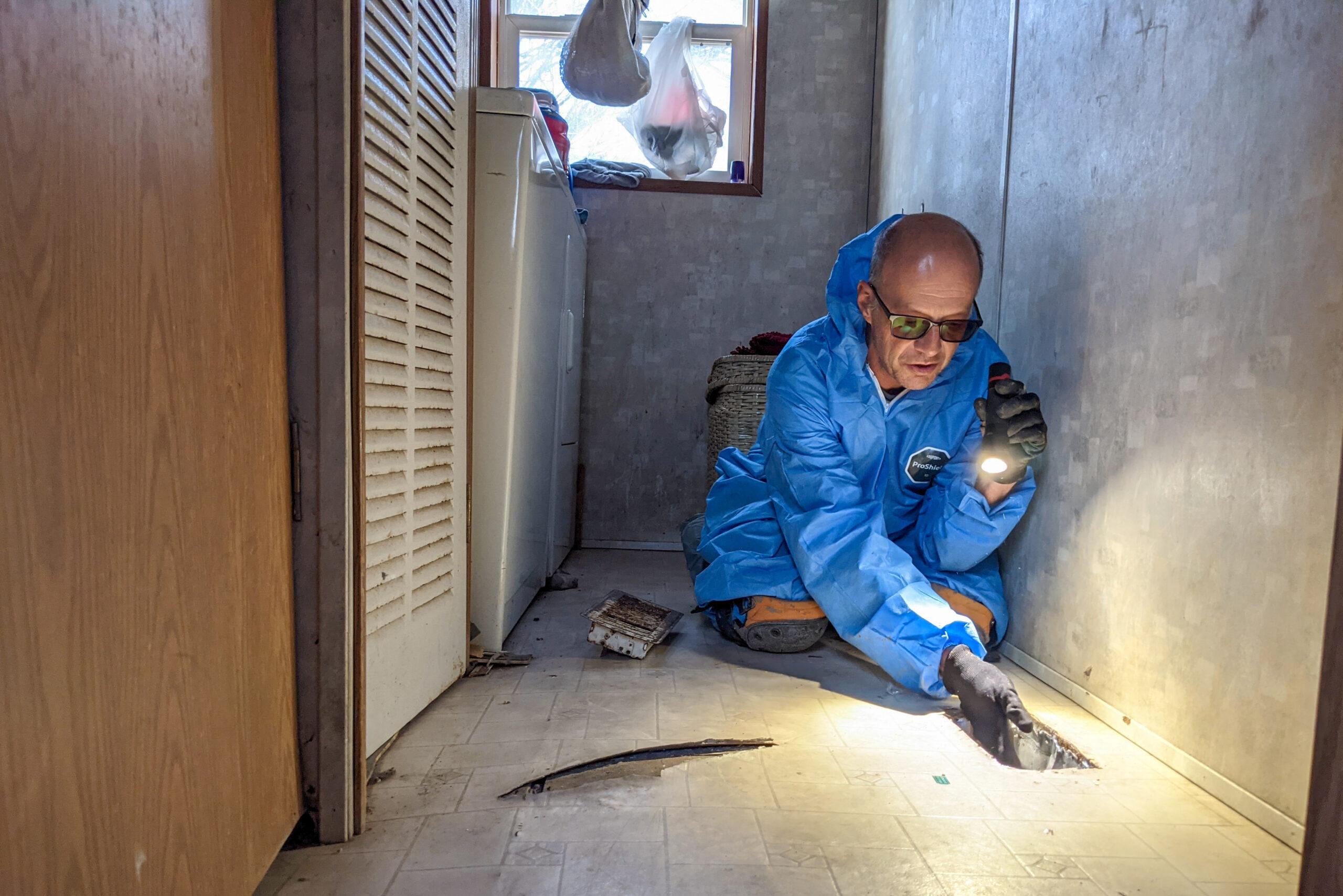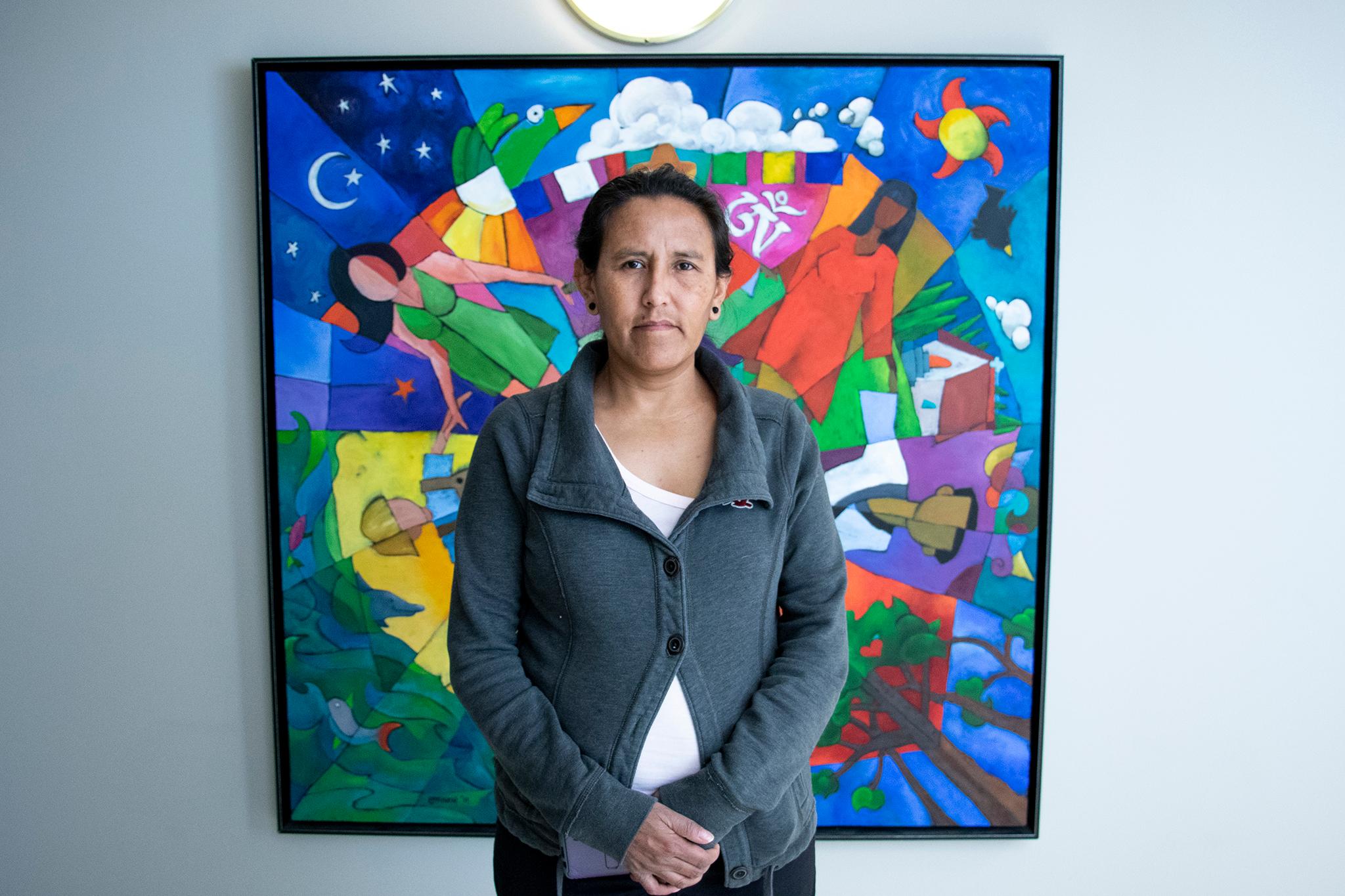
It’s been more than two years since President Biden signed the Inflation Reduction Act, a landmark climate law set to allocate $8.8 billion to help residents make their homes more energy-efficient and switch to all-electric appliances.
So where, exactly, is all the federal funding?
The main reason for the delay is a lack of state-level programs to administer the wave of federal resources. Colorado took a big step toward overcoming the obstacle on Wednesday by launching the Home Electrification and Appliance Rebate program, which will offer residents rebates on climate-friendly heat pumps, cooktops or dryers starting at some point in 2025
An initial phase of the program, however, will invest $7.6 million of the new federal money in the state’s Weatherization Assistance Program, an existing set of free services to help low-income residents cut their energy bills and better insulate their homes.
“It really made sense to take a two phase approach with the majority of funding going to the direct to consumer rebates, but to start with the weatherization clients where we have an existing program and could get some funding out there faster,” said Will Toor, the director of the Colorado Energy Office.
The weatherization program is a product of the 1970s energy crisis. Its initial purpose was to lower energy bills by sealing drafts and adding insulation. In the decades since, Colorado has expanded the program’s scope to install all-electric stoves and heating systems to help low-income households take advantage of renewable energy.
The initial investment represents a small portion of a $70 million grant for the program already awarded to the state by the U.S. Department of Energy. $46 million of the funding will go toward rebates for low- and moderate-income consumers set to launch sometime next year. The remainder will cover administrative expenses and contractor training, Toor said.
Those rebates will offer a range of discounts for low- to moderate-income consumers. The program, for example, will provide up to $8,000 to cut the cost of a cold-climate heat pump offering an efficient source of all-electric heating and cooling. A resident could claim a discount of up to $840 for electric stoves or clothes dryers.
The exact amount of those discounts is still being finalized, and will depend on the buyer’s income and the total cost of the project, said Ari Rosenblum, a spokesperson for the Colorado Energy Office.
In addition to the direct-to-consumer rebates, Colorado has received another $70 million for projects to improve home energy efficiency. Toor said the additional funding will target multifamily housing and manufactured housing units.
Colorado isn’t behind other states in launching the federally funded programs, Toor said. Rebates are only available to customers in seven states, and Colorado is among 18 with applications for funding approved by the federal government
Toor said the overall rollout of Colorado’s programs has taken time due to a long list of federal objectives and rules. While he thinks those guardrails will help protect consumers and ensure equitable access, he acknowledged they’ve made for a complicated process.
“When Congress wrote the law … they were not necessarily completely thinking of how to make it simple for states to be able to administer,” Toor said.
In the meantime, Colorado residents already have access to other programs meant to cut the cost of home energy efficiency and electrification projects. The state offers its own heat pump tax credits and Xcel Energy, Colorado’s biggest power and gas provider, offers heat pump rebates for its customers.









